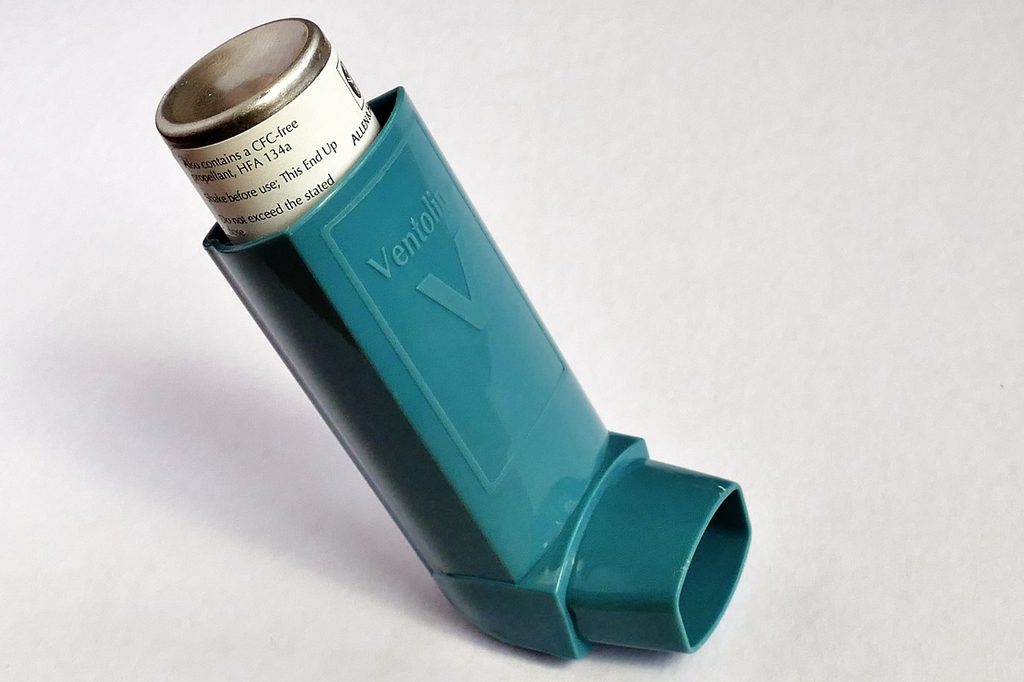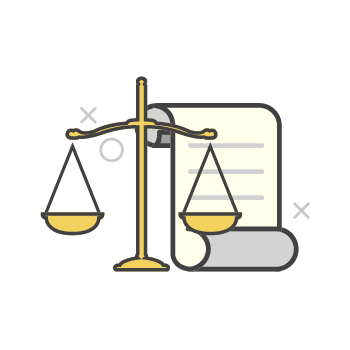Do You Know What’s Triggering Your Asthma?
by Carolyn Lee Jul 8, 2019

People who have asthma are considered priority patients in emergency rooms around the globe.
Asthma attacks can become life–threatening. Asthma is a disease of the lung. The American College of Allergy, Asthma and Immunology (ACAAI) explains that the disease is, “an inflammation and obstruction of the bronchial tubes – the passages that allow air to enter and leave the lungs.”
Asthmatics may experience a tightening in the chest, coughing (night-time and early mornings), wheezing, or breathlessness. During an attack, breathing may become very difficult.
A mild asthma attack may last a few minutes. However, a severe attack could last for days.
In this article, we are going to look at asthma triggers.
Asthma cannot be cured. However, there are ways to control it with medication. It is helpful to understand what triggers your asthma, to reduce the instances of an attack.
Common triggers:
- Respiratory infections from the common cold or flu.
- Smoke (tobacco smoke, pollution from exhaust fumes, outdoor fires, etc).
- Strong smells (perfumes, paint, air fresheners, washing soaps, etc).
- Furry pets (dogs, cats).
- Sulphite preservatives that are used in food processing and preparation.
- Spices such as cumin, cardamom and cinnamon among others.
Cockroaches and their excrement. - Exposure to allergens such as pollen, dust mites, mould spores and dander.
- Some physical activities (running, jumping, etc.)
- Some medications like aspirin, ibuprofen and naproxen, etc.
To better manage your asthma, consider the following:
- Remove triggers from your immediate environment.
- Follow the prescribed asthma treatment plan recommended by your healthcare provider.
- Monitor how often you use an inhaler – increases in usage may mean that your doctor needs to adjust treatment.
- Get the flu shot to reduce instances of influenza.
- Pay attention to the ingredients in foods, especially if your asthma is triggered by food allergies.
- Avoid medications that could trigger an attack.
Asthma affects people in different ways. Pay attention to what your triggers are and ensure that you eliminate them as best as possible. Work with your doctor. Talk to your loved ones, friends and colleagues about your illness and how you are managing it.
We hope that this article was able to provide valuable information to you or served as a reminder of how you can continue to enjoy a healthy life despite this illness.
This article is for information purposes only. It is imperative that you speak with and follow the asthma plan designed by your doctor.
Sources: Mayo Clinic, American College of Allergy, Asthma and Immunology, and CDC.








